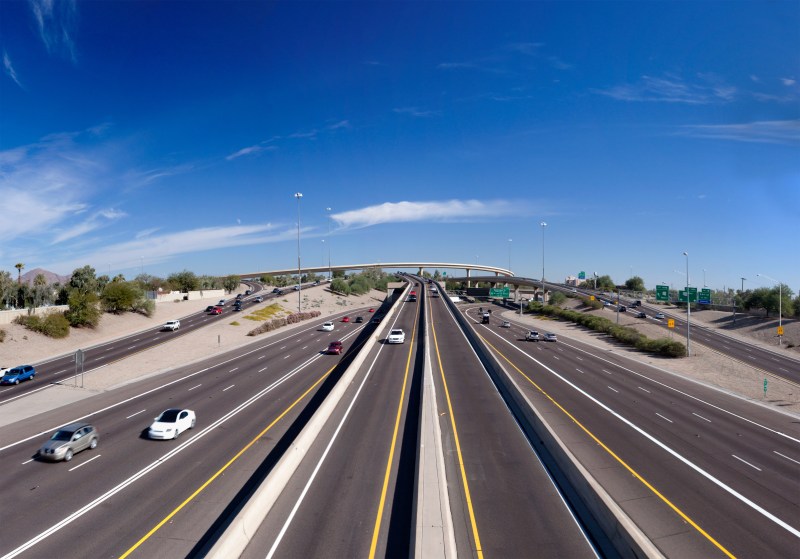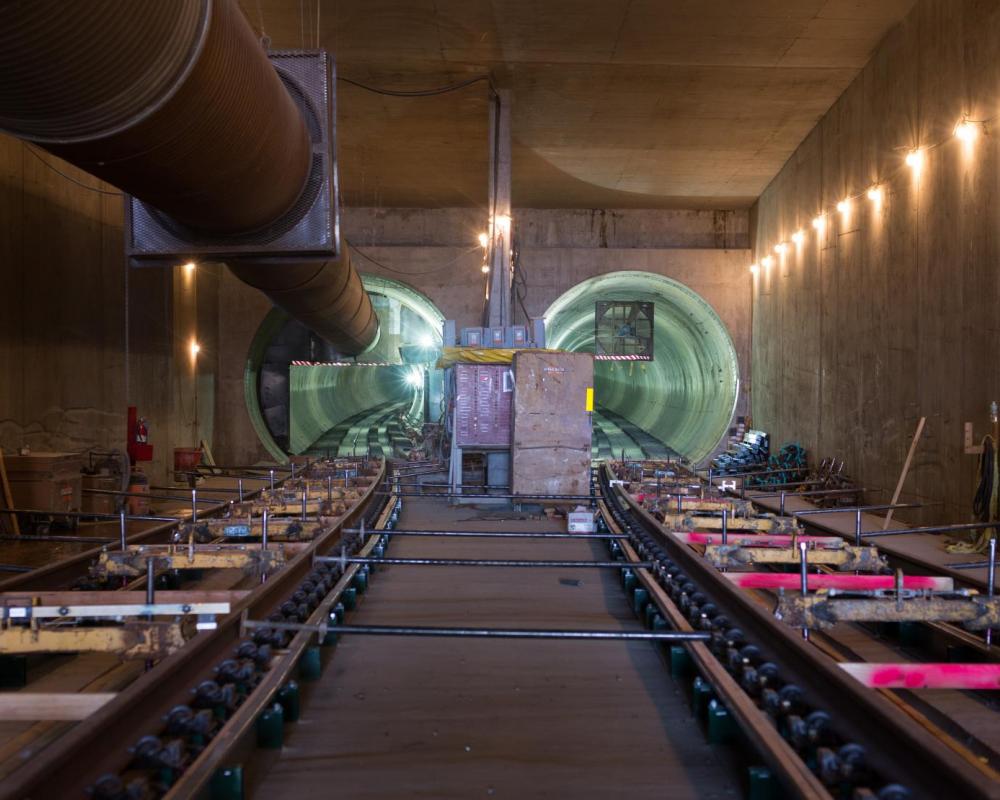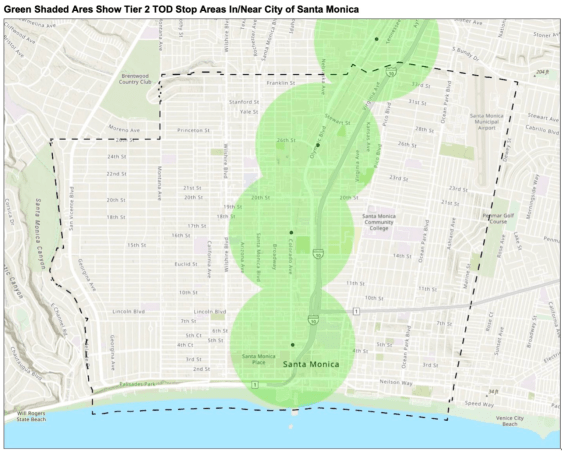Around the country, and around the world, leaders are pledging to solve the climate problem — someday, in the distant future.
Typically, these pledges claim that a city (or other organization) will be “net zero” by some year ending in zero (2040, 2050), or that it will reduce its emissions (or usually, some carefully selected fraction of the greenhouse gas emissions it is responsible for), by a stated percentage. These multi-decade pledges aren’t really pledges that these leaders will be responsible for achieving: it will be their successors, several steps removed, who will be in charge when the day of reckoning comes.
One of the world’s leading climate activists is calling “BS” on this phony and deceptive strategy. Greta Thunberg is challenging leaders to commit to change now, rather than waiting:
When it’s about something that is in 10 years’ time, they are more than happy to vote for it because that doesn’t really impact them. But when it’s something that actually has an effect, right here right now, they don’t want to touch it. It really shows the hypocrisy.
They mean something symbolically, but if you look at what they actually include, or more importantly exclude, there are so many loopholes. We shouldn’t be focusing on dates 10, 20 or even 30 years in the future. If we don’t reduce our emissions now, then those distant targets won’t mean anything because our carbon budgets will be long gone.
. . . we can have as many conferences as we want, but it will just be negotiations, empty words, loopholes and greenwash.
One doesn’t have to look far to find a city that is pledging to be much, much better (in a few decades), while its current efforts are failing perceptibly, and it's actively spending money that will make the problem worse.
Today, we’ll pick on Phoenix, but much the same story could be told about many other cities. Mayors are proclaiming loudly that there’s a climate emergency, and very visibly endorsing the Paris Accords, but at the same time are planning to put vast sums of scarce public resources into building more roads that will only make the problem worse. What makes this particularly egregious is that nearly everywhere, increased driving is now the single largest and fastest growing source of greenhouse gas emissions.
The one thing cities can do to fight climate change is reduce the need to travel by car. And widening freeways does just the opposite: it subsidizes driving, and promotes sprawl and car dependence.
Phoenix is developing a new climate action plan, because it’s required to do so for joining the C40 cities organization:
The city’s goal is to complete CAP updates by year’s end in part due to Phoenix having joined C40 Cities Climate Leadership Group earlier this year.
“One of those things that C40 cities require is completion … or an updated climate action plan by the end of this year,” Environment Program Coordinator Roseanne Albright . . .”
Like a lot of cities, it has goals of reducing climate pollution . . . someday. Here’s the provisional goal according to the city’s website.
Going faster—in the wrong direction
All well and good to have a reduction goal for the next couple of decades. But what climate data show is that Phoenix–like most cities is utterly failing to make progress in reducing its greenhouse gas emissions. Data from the national DARTE database of transportation greenhouse gas emissions shows that metropolitan Phoenix is rapidly going in the wrong direction. Its GHG per capita which had been flat to trending downward in the first half of the last decade (even as the economy was recovering from the Great Recession) grew rapidly after the big drop in gas prices in 2014. Today, the average Phoenix resident emits about 1,000 pounds more greenhouse gases from transportation than in 2014.
Even as they proclaim their climate goals, Phoenix is embarking on a massive $700 million freeway widening project, with the full support of its mayor. The plan would widen an eleven mile stretch I-10 through Phoenix to as many as 16 lanes.
According to Planetizen, Phoenix’s Mayor is all on board:
Phoenix Mayor Kate Gallego is quoted in the article touting the safety benefits of the proposed project, along with its potential economic benefits. On that latter score, Mayor Gallego cites the potential for $658 million in new economic activity.
The project’s video notes that there will be as many three pedestrian and bike overpasses, but makes it clear that these are currently only conjectural: “multi-use bridges for pedestrians and bicyclists could span the freeway.” Plus, as we’ve noted at City Observatory, this kind of “pedestrian” infrastructure is really primarily designed to serve cars and doesn’t contribute to a more walkable city.
Finally, much of the cost of the measure is being subsidized from a regional sales tax. So in essence, the region’s residents will have to pay for the wider freeway whether they use it or not. This amounts to a massive subsidy to more driving, and predictably will lead to even more sprawling development, longer commutes and more greenhouse gases.
In a way, it's unfair to pick on Phoenix. (For the record, we’ve been unstinting at City Observatory in our critique of my home city of Portland’s failed climate efforts, too). Other cities around the country, who ostensibly care about climate change or who have endorsed the Paris accords are pursuing their own massive freeway widening projects, as James Brasuell has chronicled. The list includes projects in Houston, Los Angeles, Akron, Indiana, and Maryland. As Brasuell says:
Some of the politicians and agencies behind these plans claim to be climate warriors without being held accountable to their promises. Others are climate arsonists, who are not being held accountable to the consequences of these actions.
Tragically, these efforts are even being promoted by the National Science Foundation, under whose auspices that Transportation Research Board published a report calling for billions more in subsidies for road construction to facilitate literally trillions of more miles of driving, building a true highway to hell.
This article originally appeared on City Observatory and is republished here with permission.









